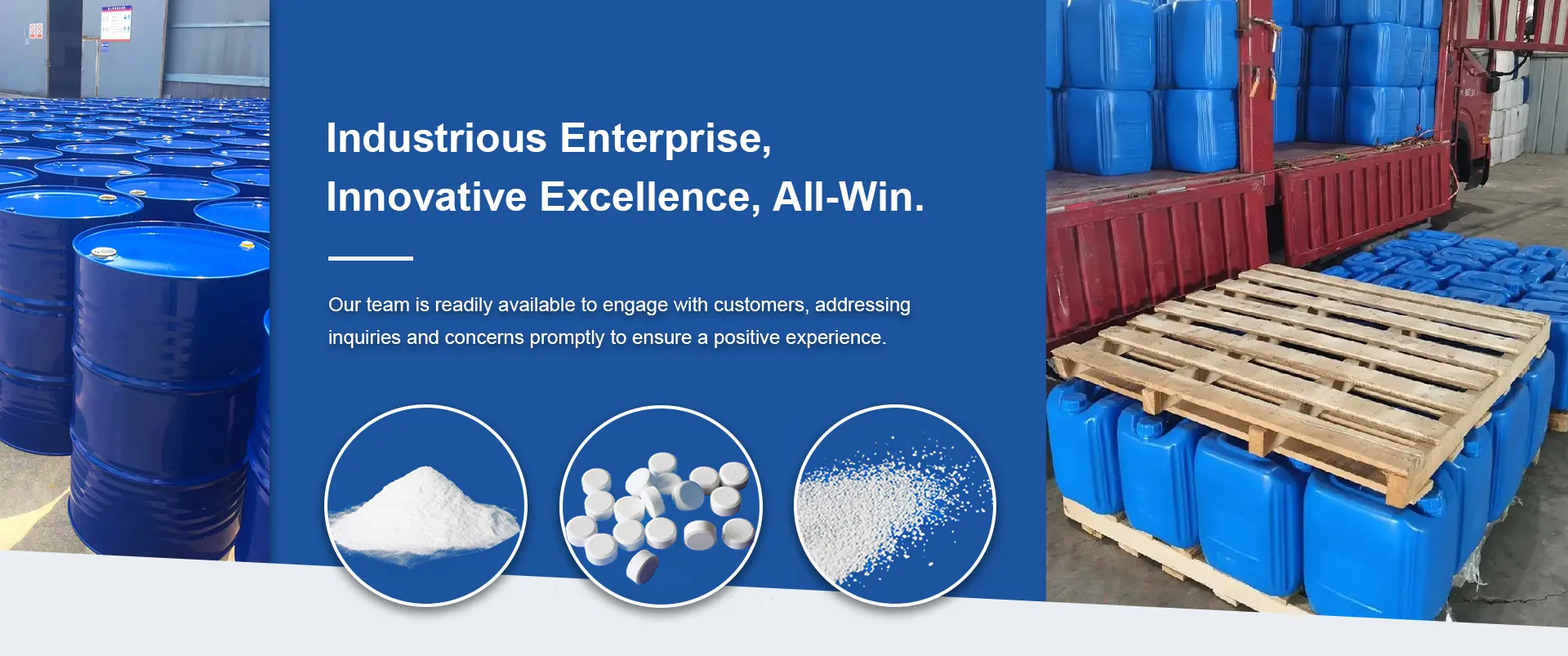
sodium cyclamate sweetener
Sodium Cyclamate Sweetener A Comprehensive Overview
In recent years, the demand for low-calorie sweeteners has skyrocketed as people become more health-conscious and seek alternatives to sugar. Among these alternatives, sodium cyclamate has emerged as a popular choice. This article provides a comprehensive overview of sodium cyclamate, including its chemical structure, history, uses, safety profile, and potential benefits and drawbacks.
What is Sodium Cyclamate?
Sodium cyclamate is a synthetic sweetener that is approximately 30 to 50 times sweeter than sucrose (table sugar). It is the sodium salt of cyclamic acid, which is derived from cyclohexylamine. Sodium cyclamate is often used in food products, beverages, and pharmaceutical formulations to enhance sweetness without adding significant calories.
A Brief History
Sodium cyclamate was first discovered in the 1930s by a researcher at the University of Illinois, who noticed its sweet taste while studying certain compounds. It was subsequently approved for use as a sweetener in various countries during the mid-20th century. However, its approval has not been uniform globally. While sodium cyclamate is widely used in many countries, including parts of Europe and Asia, it has been banned in the United States since 1970, due to concerns over its safety.
Applications in Food and Beverage Industry
Sodium cyclamate is popularly used in a range of products, including soft drinks, tabletop sweeteners, candies, and baked goods. Its ability to provide sweetness without calories makes it highly appealing to those looking to reduce sugar intake. Additionally, it is often combined with other sweeteners, such as aspartame or sucralose, to enhance sweetness and improve flavor profiles.
Cyclamate's stability under heat and wide pH range makes it suitable for use in various cooking and baking applications. Its versatile nature allows manufacturers to target specific markets, including those catering to diabetics or individuals on weight loss programs.
sodium cyclamate sweetener

Safety and Regulatory Status
The safety profile of sodium cyclamate has been the subject of considerable debate. Studies conducted in the 1960s suggested a potential link between sodium cyclamate and cancer in laboratory animals, leading to its ban by the U.S. Food and Drug Administration (FDA) in 1970. However, subsequent research has yielded mixed results, with some studies indicating no significant health risks.
Organizations, including the World Health Organization (WHO) and the European Food Safety Authority (EFSA), have deemed sodium cyclamate safe for consumption within established acceptable daily intake (ADI) levels. The ADI is defined as the maximum amount of a substance that can be ingested daily over a lifetime without posing a significant risk to health. For sodium cyclamate, the ADI has been set at 0 to 11 mg/kg of body weight.
Benefits and Drawbacks
One of the significant benefits of sodium cyclamate is its low-calorie content, which helps individuals manage weight and blood sugar levels. With obesity rates on the rise, low-calorie sweeteners are increasingly becoming a dietary staple. Additionally, sodium cyclamate does not promote tooth decay, making it an appealing choice for dental health.
Despite its benefits, there are concerns surrounding sodium cyclamate. Some individuals may experience adverse reactions, including allergic responses. Moreover, the lingering controversy regarding its long-term safety continues to spark debate among health professionals and regulatory authorities.
Conclusion
Sodium cyclamate remains a widely used sweetener, offering a sweet taste without the added calories associated with sugar. While regulatory bodies in various countries have endorsed its safety, the ongoing discussions surrounding its potential health risks remind consumers to approach it with caution. As with any food additive, moderation is key. Individuals should consider their overall dietary patterns and consult health professionals if they have concerns about the inclusion of sodium cyclamate or any other artificial sweeteners in their diets.
As the food industry continues to innovate and adapt to consumer demands, sodium cyclamate may play a crucial role in the ongoing quest for healthier alternatives to sugar. Understanding both its advantages and limitations is essential for informed choices about sweeteners in our daily lives.
-
Pure Sodium Dichloroisocyanurate Dihydrate | Powerful DisinfectantNewsAug.29,2025
-
Industrial Chemicals: Quality & Purity for Every IndustryNewsAug.28,2025
-
Nitrile Rubber Honoring Strict Production StandardsNewsAug.22,2025
-
Aspartame Ingredients Honoring Food Safety ValuesNewsAug.22,2025
-
Fertilizer for Balanced Plant NutritionNewsAug.22,2025
-
Cyanide Gold Processing with High Purity AdditivesNewsAug.22,2025
-
Formic Acid in Textile Dyeing ApplicationsNewsAug.22,2025
Hebei Tenger Chemical Technology Co., Ltd. focuses on the chemical industry and is committed to the export service of chemical raw materials.
-

view more DiethanolisopropanolamineIn the ever-growing field of chemical solutions, diethanolisopropanolamine (DEIPA) stands out as a versatile and important compound. Due to its unique chemical structure and properties, DEIPA is of interest to various industries including construction, personal care, and agriculture. -

view more TriisopropanolamineTriisopropanolamine (TIPA) alkanol amine substance, is a kind of alcohol amine compound with amino and alcohol hydroxyl, and because of its molecules contains both amino and hydroxyl. -

view more Tetramethyl Thiuram DisulfideTetramethyl thiuram disulfide, also known as TMTD, is a white to light-yellow powder with a distinct sulfur-like odor. It is soluble in organic solvents such as benzene, acetone, and ethyl acetate, making it highly versatile for use in different formulations. TMTD is known for its excellent vulcanization acceleration properties, which makes it a key ingredient in the production of rubber products. Additionally, it acts as an effective fungicide and bactericide, making it valuable in agricultural applications. Its high purity and stability ensure consistent performance, making it a preferred choice for manufacturers across various industries.





